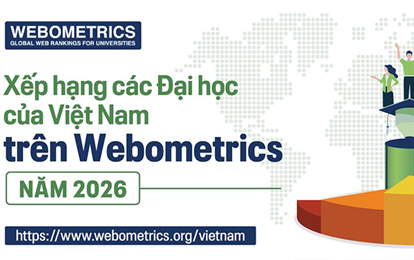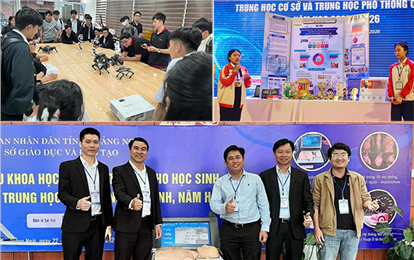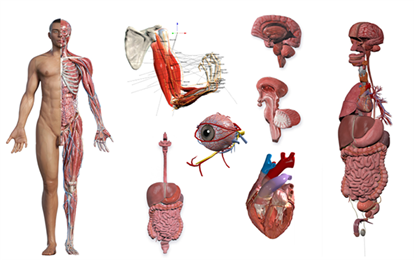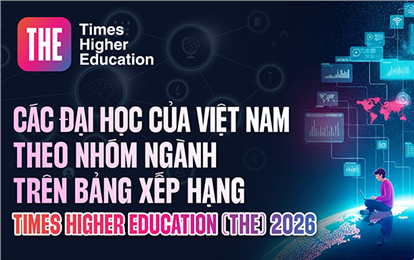Undergraduate
Academic Writing Retreat at DTU
From July 10 to 12, the British Council (BC), DTU and Northampton University in the UK co-organized an Academic Writing Retreat (AWR) course at DTU. Attendees included Professor Richard Hazenberg, Director of the Institute for Social Innovation & Impact (ISII) at the University of Northampton, the leader; DTU Vice-Provost Le Nguyen Tue Hang; lecturers from the Thai Nguyen University of Agriculture & Forestry; the HCMC University of Social Sciences & Humanities; and DTU.




DTU Vice-Provost Hang speaks
“I welcome you all to today’s Academic Writing Retreat,” said Vice-Provost Hang. “I’d like to thank Professor Hazenberg for coming and organizing this special writing course, which I believe will benefit you all and have a positive influence on the development of curricula and research at Vietnamese universities. I am sure that, after studying with Professor Hazenberg, you can share with your colleagues what you learn at this retreat!”
The British Council in Vietnam has launched the “Social Innovation Linkages for Knowledge Exchange Network (SILKEN) Vietnam” project, in partnership with several UK universities and six in Vietnam. The objective is to deploy and operate social innovation teams at universities, to broaden the development of curricula, research, academic exchange and internationalization.

Professor Richard Hazenberg
The AWR program helps students and lecturers improve their writing skills to publish books, papers or everyday pieces. Students are motivated to focus on perfecting and improving their writing skills in general, and scientific research writing skills in particular.
Professor Hazenberg has conducted research on social finance, public service innovation and social impact measurement for several years, published papers in international academic journals and presented at conferences in Europe, Asia and the Americas. He also manages national and international research projects for his university, including those funded by the 2020 European Social Fund and Horizon.

Several Writing topics were discussed at the AWR
Professor Hazenberg discussed important ways of improving writing skills, such as choosing the appropriate research topic; finding a journal to publish it in; collecting and analyzing data; reasoning coherently and consistently; avoiding the use of complicated language; complying with the word limit; paying attention to the structure of the paper according to requirements; responding to questions and comments from referees; and revising the paper based on requests from the referees.
“I’m very happy to work with you and review the papers you want to publish in the near future,” said Professor Hazenberg. “Hopefully this AWR will now expedite the publishing of high-quality research projects in prestigious journals as soon as possible.”
(Media Center)
Other News














